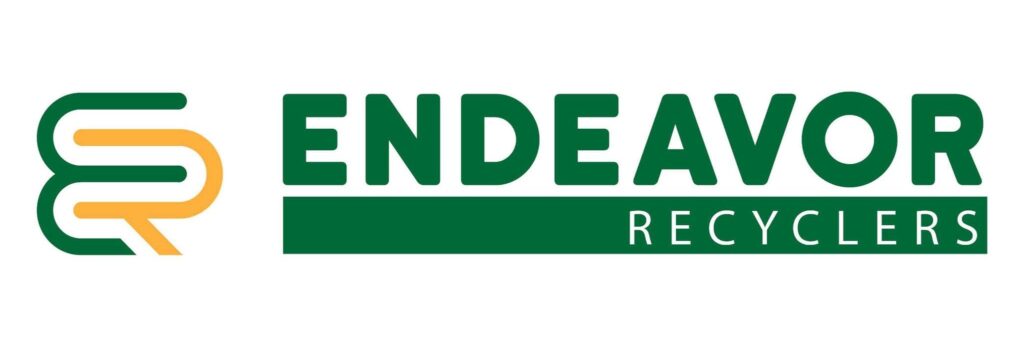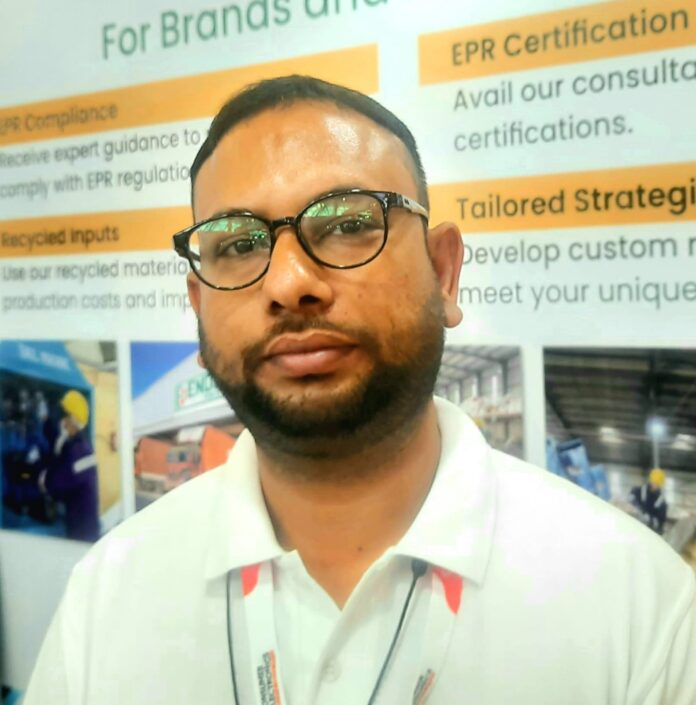Endeavor Recyclers stands as a pioneering force in sustainable recycling, transforming the approach to material reuse and conservation. Their journey, firmly grounded in the principles of the circular economy, prioritizes reducing the environmental footprint of industrial processes. Specializing in recycling a wide range of materials, including plastics, metals, and precious metals from consumer goods, Endeavor Recyclers is dedicated to implementing innovative and eco-friendly practices.
Utilizing state-of-the-art technology, the company ensures efficient and responsible recycling, making a substantial impact on the industry. Their vision transcends traditional recycling, aiming to weave sustainability into every stage of a product’s lifecycle. Driven by a team passionate about environmental stewardship and innovation, they are setting new benchmarks in the recycling sector.
Endeavor Recyclers is not merely about transforming materials; it is about nurturing a culture of sustainability and inspiring change. Committed to building a greener future, they offer sustainable solutions that make a difference, one initiative at a time.
In an exclusive interaction with The Interview World, Vineet Goyal, Plant Head at Endeavor Recyclers, emphasized how his company plays a catalytic role in boosting e-waste recycling by partnering with businesses. Here are the key insights from his discussion.
Q: How is Endeavor Recyclers helping businesses convert e-waste into valuable resources?
A: We collaborate with brands and businesses as a dedicated B2B company. The Central Pollution Control Board mandates that brands must take responsibility for recycling the e-waste generated by their products. This directive places the onus of recycling squarely on the shoulders of brand owners.
For instance, consider a brand that supplies refrigerators to the market. It is impractical for such a company to collect e-waste from consumers directly. Therefore, we step in to partner with these businesses, streamlining the process of e-waste management and recycling.
Our operations involve collecting e-waste from both the informal and formal sectors. We then recycle these materials, recovering valuable metals such as iron, aluminum, and copper. By converting these materials, we not only support environmental sustainability but also create value from waste. This comprehensive approach forms the core of our business model, ensuring that brands can meet regulatory requirements while promoting eco-friendly practices.
Q: Which industries do you serve?
A: We presently serve the consumable durable and IT sectors, which collectively dominate the production and consumption of electronic goods. These industries represent the forefront of our focus, driving innovation and demand in the electronic market.
Q: How do you perceive the rising issue of e-waste in India, and what solutions or policies do you anticipate from the government, ecosystem stakeholders, and industry partners to manage it efficiently, ensuring it does not accumulate in the future as digitalization increases?
A: The disparity between e-waste generation and recycling stems from the shortfall in recycling capacity compared to production capacity. Consequently, there’s a pressing need for enhancement. To tackle this issue effectively, a robust policy must prioritize elevating the recycling infrastructure’s capability beyond electronic materials production capacity.
With the shift towards electric vehicles, the volume of battery waste is poised to escalate significantly. Given the forward-looking nature of the EV sector, it’s imperative to formulate policies addressing the specific challenges posed by EV batteries.
Q: How do you think the government should intervene to significantly reduce pollution and address climate change given the rising pollution levels and increasing impact of climate change?
A: The Central Pollution Control Board (CPCB), representing the government, actively collaborates with brand owners and recyclers. It consistently revises policies, adapting them annually and even daily, with a stringent approach. Consequently, we align our efforts with climate change initiatives, striving to undertake environmentally friendly practices and mitigate pollution.
Q: Can you provide the percentage value of the original product that businesses receive when they partner with you for recycling?
A: We actively accept metal from e-waste and sell it to manufacturers producing wire and other ancillary products. At times, these metals are directly dispatched to manufacturers, who utilize them as raw materials.



